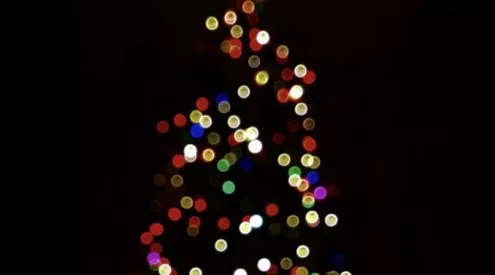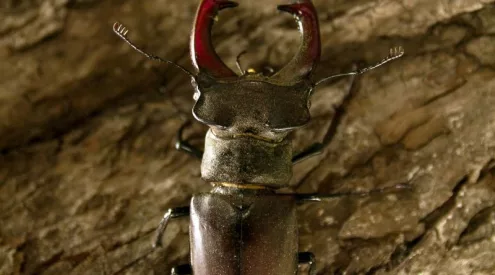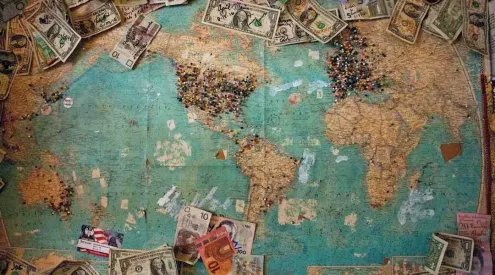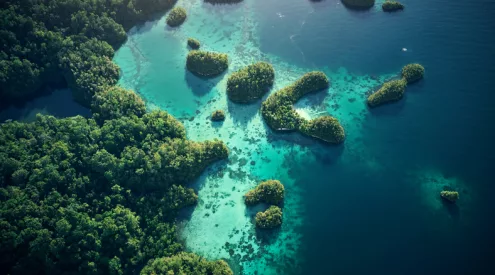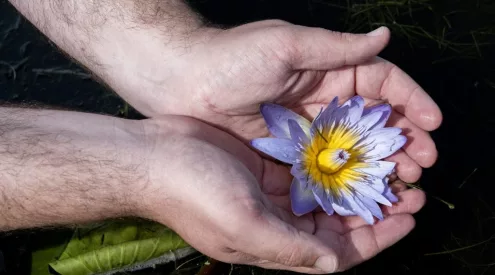A recent study analysed the genetic make-up of gentoo penguins living in the Falkland Islands and South Georgia in the southern Atlantic Ocean, as well as two other colonies.
In the study, published in the Ecology and Evolution journal, scientists found that rather than one species of gentoo, there are four.
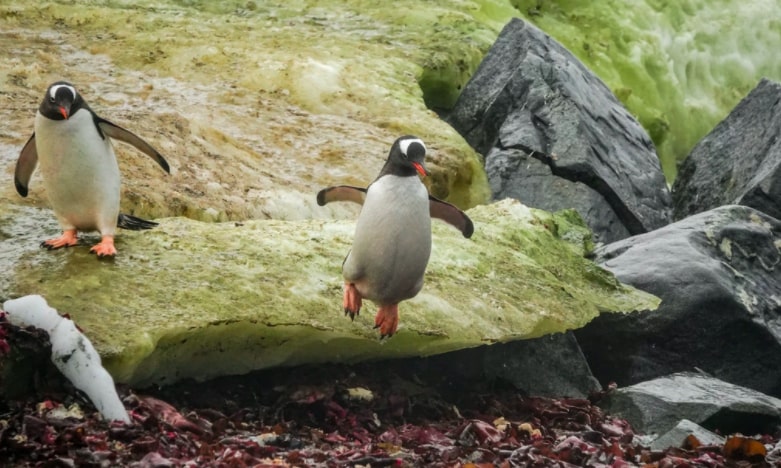
Gentoo penguins range in shape and size and are distinguishable by their DNA.
Dr Jane Younger of the Milner Centre for Evolution at the University of Bath spoke with BBC News and said: ‘Superficially, these species look very similar to each other; it’s very hard to tell them apart just with your eyes. But if we sequence their genomes we can see very clearly that they are different. We also can tell based on different measurements.’
The new additions will see the planet’s penguin species increase from 18 to 21. Like most marine animals, plastic pollution, global warming and over-exploitation of the ocean has a threat to penguins.
It is estimated that there are around 300,000 breeding pairs of gentoo penguins. Their conservation status is listed as ‘least concern’ by the IUCN Red List.
This data was derived before it was uncovered that there are four separate species.
‘Currently gentoo penguins are fairly stable in numbers, however there is some evidence of the northern populations moving further south as the climate gets warmer, so we need to watch them closely,’ said Dr Younger to BBC News.
Gentoo penguins (Pygoscelis papua) are already divided into two subspecies. If changes are made to their classification, it will need to be reviewed by a committee of international scientists before being formally changed.
Picture: Unsplash

